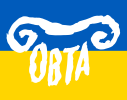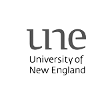Myths from Cameroon
The essence of the innovative approach in the Our Mythical Childhood... (OMC) Project consists in multi-axial comparative studies of differing reception models not only across Europe, but also in the parts of the world not commonly associated with Graeco-Roman tradition, including Africa. Our team members from the University of Yaoundé 1 in Cameroon work on this aspect of the Project.
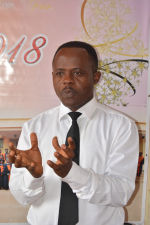 Prof. Daniel A. Nkemleke – Head of our team in Cameroon
Prof. Daniel A. Nkemleke – Head of our team in Cameroon
Professor Daniel A. Nkemleke brings a unique African perspective to the project Our Mythical Childhood... (OMC). An applied linguist with a background in the compilation and exploration of English second language (ESL) databases (corpus linguistics) with application to academic writing pedagogy in tertiary education, he has recently developed interest in Classical Studies within the OMC Project supported by the ERC Consolidator Grant. He and his colleagues has the exciting task of documenting African myths, most of which are hitherto unknown, for the wider academic audience, and they present these myths via various disseminations activities as the OMC Project develops. (More here.)
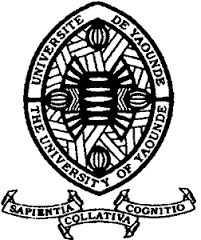 Ecole Normale Supérieure, University of Yaoundé 1
Ecole Normale Supérieure, University of Yaoundé 1
Created in 1961, Ecole Normale Supérieure (ENS) was given the mission of rapidly educating a sufficient number of teachers needed for high school system in Cameroon, as well as inspectors of primary schools. Since, the School’s dynamic development led to assuming a significant research function, particularly in the area of education and to including fourteen different departments in the humanities and sciences. (Text after ENS’s website.)
Africa in Our Mythical Childhood Survey
The Cameroonian contribution to the project centres on oral tradition and on providing an intellectually stimulating perspective to reception research. It also opens new, exciting vistas on the similarity and diversity of myths for scholars, as well as for the general public, presenting stories and literary works little known outside of Africa. Our Cameroonian team members bring to the Survey their particular attitude and direct relation to myths and culture in general that lets the users discover and enjoy a larger spectrum of humanistic experience.
For more information see:
- Prof. Daniel A. Nkemleke
- Dr. Eleanor A. Dasi
- Prof. Divine Che Neba
- July 11, 2021 - Heliana Onomo, a Fulbright student of Prof. Daniel A. Nkemleke, co-organized a day of health and fun for children at the Foundation Fact Orphanage in Yaoundé
- March 26, 2021 - University of Yaoundé 1 Vice-Rector in Charge of Research, Cooperation and Relations with the Business World visits the OMC Project at ENS
- November 29–December 1, 2019 - Aïcha Larissa Saïd on a research trip to the villages of Awae, Ngat, Ekekelan, and Nkolesong in Cameroon
- October 28, 2018 - Prof. Daniel A. Nkemleke on a research trip in the village Loua 1
- December 16, 2017 - Myths as Cultural Asset in the Context of Our Mythical Childhood Project, University of Maroua
- November 29, 2017 - Departmental Lecture Series on Research (Net-working)-Teaching-Learning in (Applied) Linguistics, Literatures, & New Technologies
- November 20, 2017 - Mythical Childhood Class at the Ecole Normale Supérieure: Introducing a New Batch of Students to OMC Project
- October 28, 2017 - Training Seminar for Writers of Survey Entries at the Ecole Normal Supérieure, University of Yaoundé 1
- March 1, 2017 - ERC-Day @ Ecole Normal Supérieure, University of Yaoundé 1
- December 21, 2024 - Chester Mbangchia in Cameroon created a lesson that introduces the god Dionysus, in Sonya Nevin, ed., Teaching Ancient Greece: Lesson Plans, Animations, and Resources




